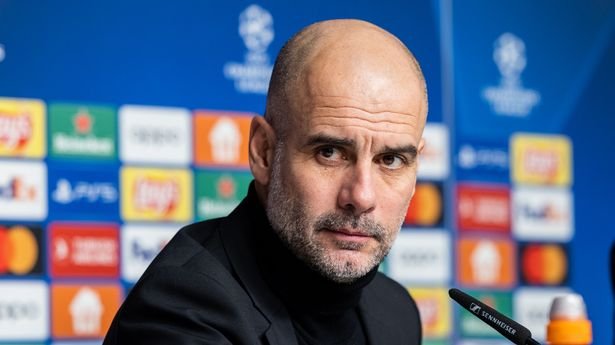Pep Guardiola: The Re-inventor of the Beautiful Game
When Pep Guardiola left Barcelona in the summer of 2001, many assumed we would never see him at the top level ever again. Known as one of the most tactically astute and creative midfielders of his generation, Guardiola flourished under the management of the great Johann Cruyff. During his eleven-year stay in the first team, Guardiola would win nineteen trophies, including six league titles and a European Cup, before departing Camp Nou in 2001. After bouncing around Italy with Brescia and Roma for three years, Guardiola would leave the European continent altogether, to fill his pockets with cash in Saudi Arabia and Mexico before retiring in 2006. Many believed they would not only never see Guardiola ever again, let alone see him return to the top of the footballing world. How wrong they could be.
After his retirement in 2006, Guardiola left Mexico to return to the club he grew up at, FC Barcelona. Taking over the Barcelona B team, Guardiola was tasked with implanting the Barcelona way on the new generation of developing starlets from the academy, widely known as the best in the world. Throughout the last twenty years alone, the Barcelona academy has produced players such as Lionel Messi, Xavi, and Andres Iniesta along with Guardiola himself. The academy focuses on developing the technique and sporting character of individuals so that they are not only able to play well but also act as good teammates to those around them. Guardiola used these skills and enhanced them like very few before him, leading to several trophies during his two years in charge of the B team. The way he carried himself and those around him made him the top candidate for the head coach position at Barcelona in the summer of 2008, where he would be chosen over proven winners such as Jose Mourinho and Rafa Benitez.
After being appointed in the summer of 2008, Guardiola was determined to implant his tactical ideals in his new set of players. Flamboyant, aging players such as Deco and Ronaldinho were allowed to leave, while Dani Alves and Gerard Pique arrived at Camp Nou. This made many fans and higher-ups alike worried, and those worries only increased after their opening-day defeat to newly promoted side Numancia. However, after their opening-day loss, Guardiola’s Barcelona went on a nineteen-match unbeaten run which would be brought to an end by Ukrainian side Shakhtar Donetsk in December. Overall, Guardiola would only suffer six defeats over the nearly ten-month season, while bringing home the league title, Copa del Rey, and Champions League. Over the following three years, Guardiola would help his hometown club win fourteen trophies, making him the most successful coach in Barcelona's history, before leaving the club in the summer of 2012, claiming to be worn out, and took a year sabbatical in New York City.
He would return to the world of football in the summer of 2013 when he joined German side Bayern Munich, where he would implement the tactics that had already made him the best young coach on the planet. In a packed auditorium, Guardiola relaxed back into his chair for his first press conference as manager of the German giants. Leaning into the microphone, Guardiola said, “Good Morning and Hello,” in the local accent. “I’m ready,” Guardiola said, “My time at Barcelona was wonderful but I needed a new challenge. Bayern gave me that opportunity.” During his three years in Germany, he would win three league titles and two domestic cups, whilst making several runs deep into the Champions League knockout stages and setting several league records. He would end his time at Bayern Munich in 2016, where he would swap his red shirt for sky blue.
In May 2016, Pep Guardiola would be unveiled as Manchester City's manager, in front of a crowd of thousands in the Northeast of England. In his first season, he would struggle to adapt to the physicality and pace of the Premier League, but after spending nearly three hundred million dollars on players in the summer of 2017, he would lead his side to their first Premier League title in four years. As he currently challenges for his fourth Premier League title this season, which would be his thirty-fifth trophy over the last fifteen years, Guardiola’s hunger for success has never been more evident.
By Luke Birch

